১ ফাল্গুন ১৪৩২
Dhaka-Delhi to Hold Talks on Ganga Water Deal on Tuesday
07 September 2025 19:09 PM
NEWS DESK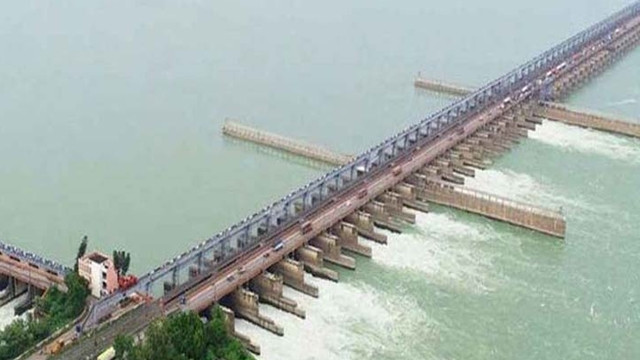
Dhaka plans to demand an average of 40,000 cusecs of water and seek a longer-term agreement as members of the Bangladesh-India Joint Rivers Commission are set to meet in New Delhi on Tuesday (9 September) to review the Ganges River Water-Sharing Treaty, set to expire in December 2026.
A 10-member delegation from Bangladesh, led by commission member Abul Hossen, will leave Dhaka for Delhi tomorrow (8 September) to attend the 88th meeting of the commission.
The 30-year treaty was signed between the two countries in 1996, ensuring the sharing of Ganges waters at the Farakka Barrage. Abul Hossen told The Business Standard yesterday (6 September) that the meeting will primarily review the treaty's implementation.
"Representatives of both countries remain at the Farakka Barrage from January to May. They measure the water four times daily and calculate how much water each country receives on a 10-day average. The discussions mainly centre on these issues. However, we also have informal discussions on other matters," he said.
He added that Bangladesh has long faced water shortages in the dry season, affecting the Gorai River and the Sundarbans.
In renewing the treaty, Bangladesh plans to demand an average of 40,000 cusecs of water and seek a longer-term agreement.
"Formal discussions on this matter have not yet begun between the two countries. Starting the discussion is a government decision," he said, adding that the commission has made necessary preparations.
"We also have an idea of what India might want. In view of that, Bangladesh's demands and why we need them have also been prepared," Abul Hossen further said.
Bangladesh's other proposals
According to sources, Bangladesh will also propose water-sharing arrangements for 14 other rivers, including the Dharla, Dudhkumar, Gomati, Khowai, Monu, and Muhuri.
It wants both countries to follow international procedures in using these waters.
There are 54 common rivers between Bangladesh and India. Except for the Ganges, no water-sharing treaty has been signed, though discussions on the Teesta have continued for years without resolution.
Bangladesh is also expected to propose the development of a joint flood forecasting model, aiming to exchange real-time information and build a Joint Flood Forecasting System.
Additionally, Dhaka will seek Delhi's approval for dredging and repair work on river dams damaged in recent years.
Notably, excavation, dam construction, dredging-related activities, and repairs in joint rivers require approval from one country to the other.
Treaty renewal concerns
The Ganges Water-Sharing Treaty was signed in New Delhi on 12 December 1996 by then-prime ministers HD Deve Gowda of India and Sheikh Hasina of Bangladesh.
During Hasina's visit to India in early 2024, Prime Minister Narendra Modi said both sides had agreed to review the treaty's renewal at the expert level.
However, relations have cooled since the fall of Hasina's government in August 2024.
Indian media have reported that New Delhi, after suspending its Indus Water Treaty with Pakistan, intends to renegotiate the Ganges treaty with Bangladesh on different terms.
According to Indian government sources, the new treaty may be shorter than the existing 30-year agreement, possibly 10 to 15 years, to provide "flexibility" for future changes in water-sharing.




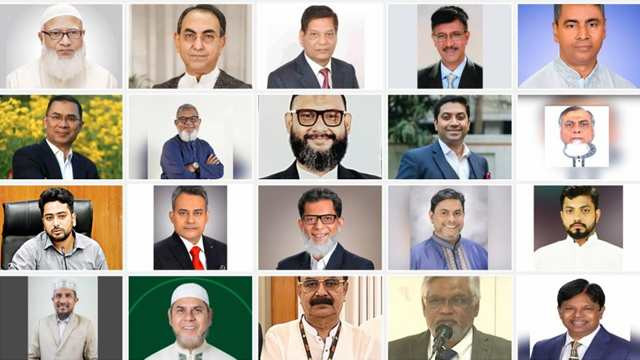
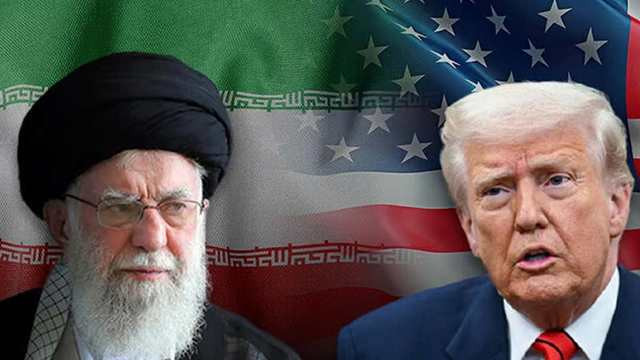

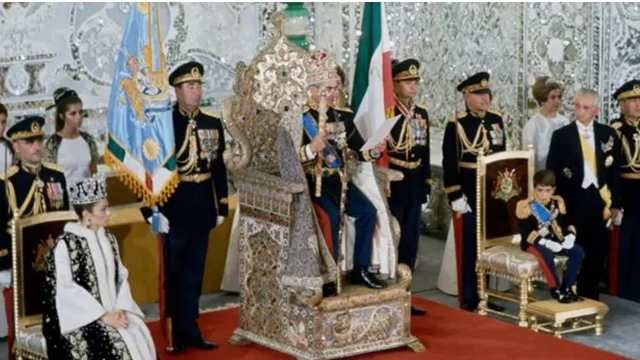
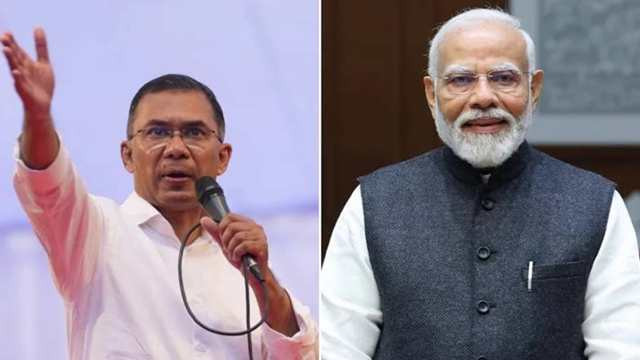
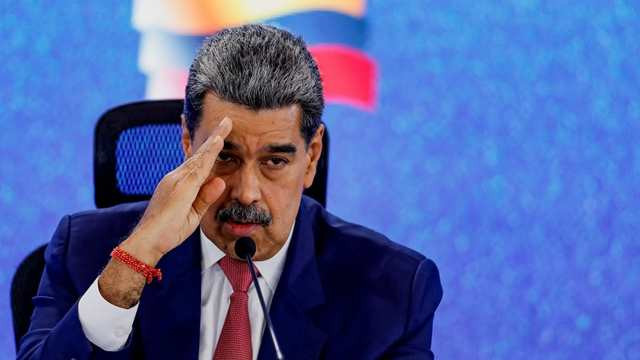
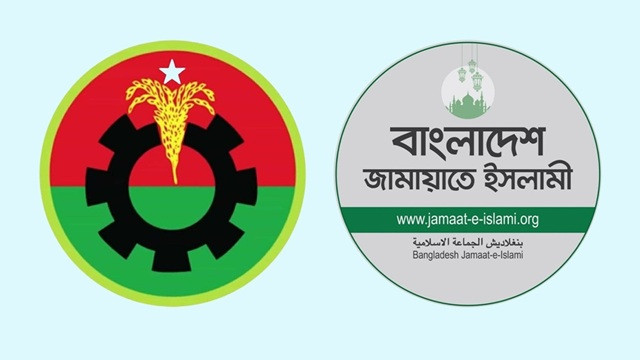
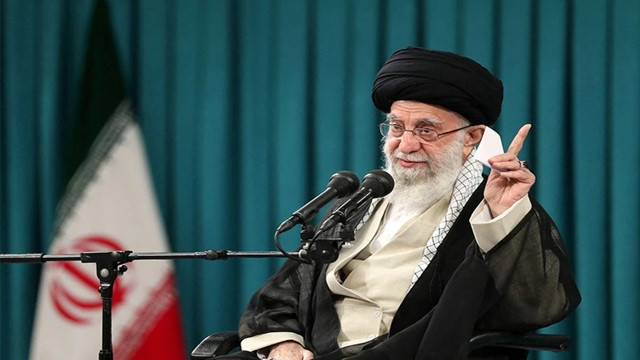
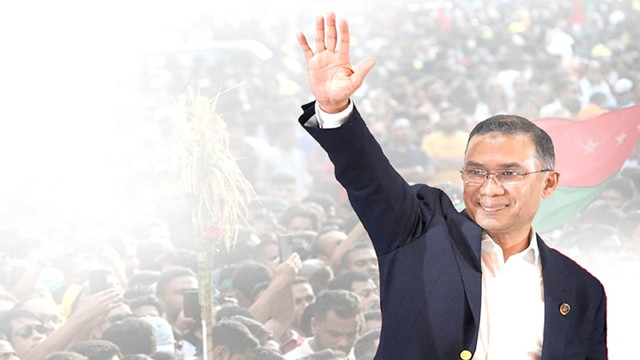
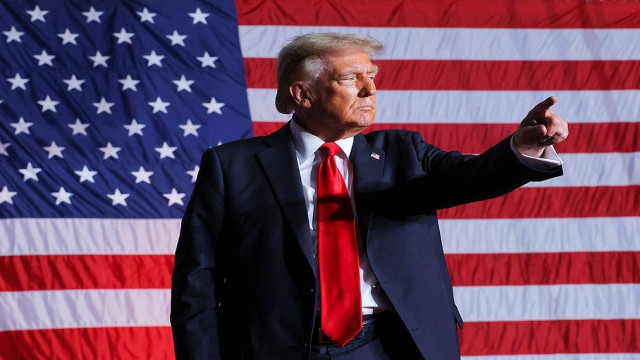
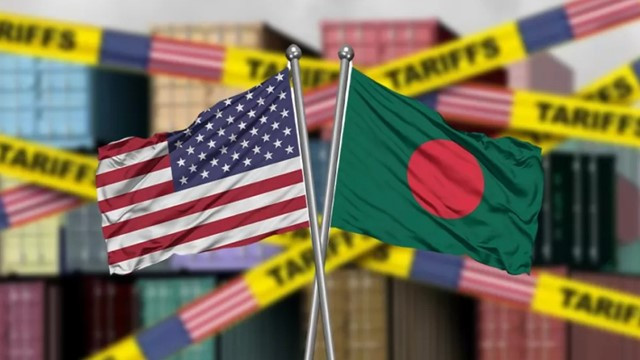
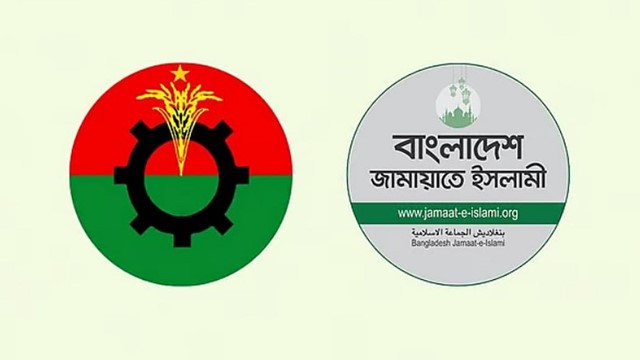
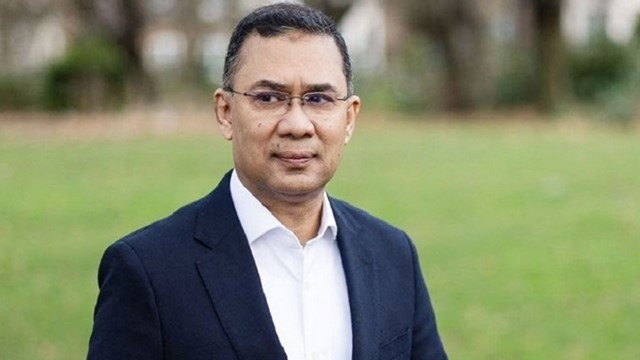
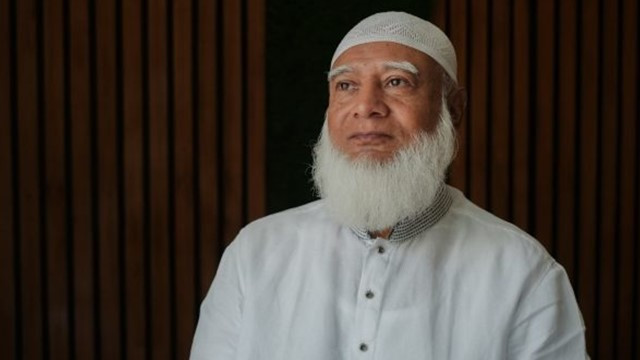
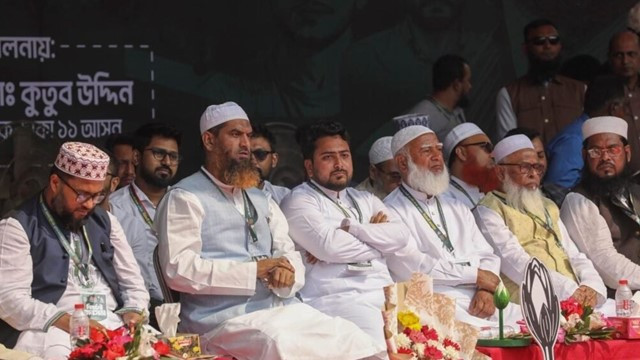
Comments Here: